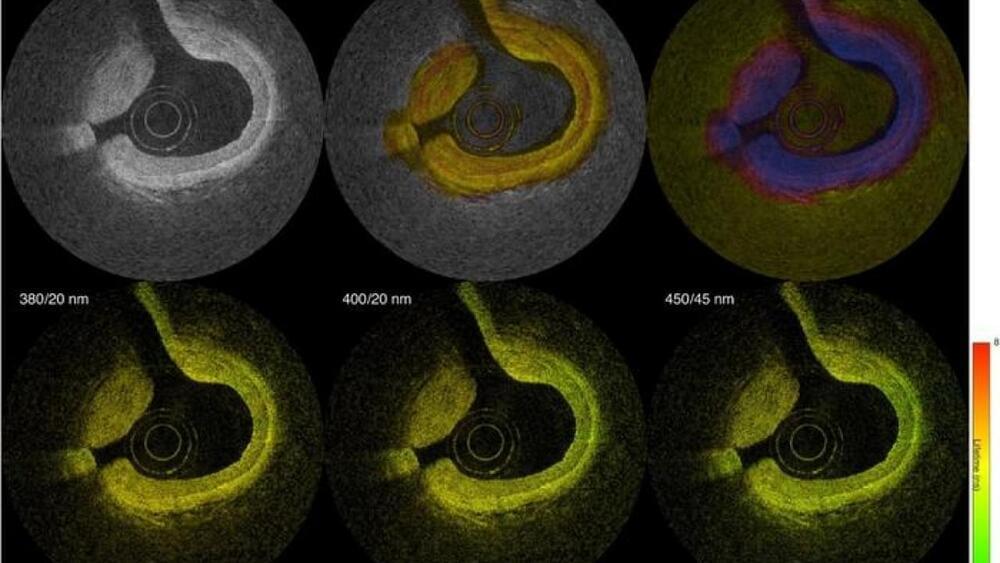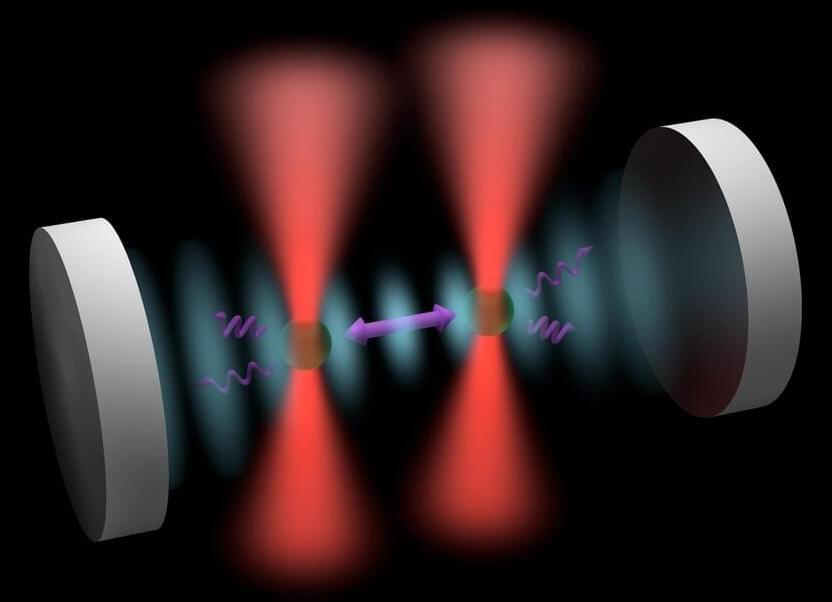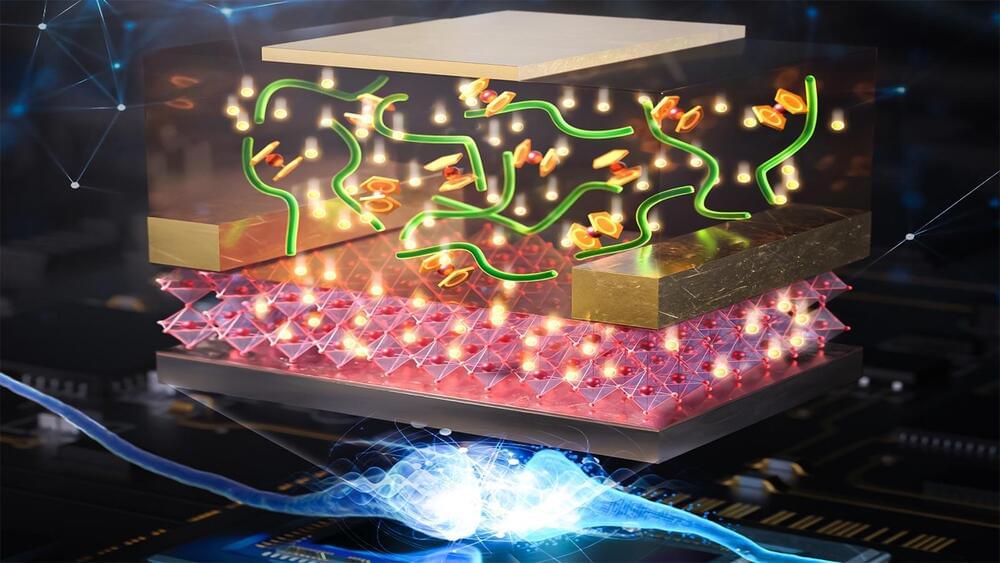XAI release
Release the base model weights and network architecture of, our large language model.
Grok open release. Contribute to xai-org/grok-1 development by creating an account on GitHub.


Researchers in the UC Davis Department of Biomedical Engineering are introducing a groundbreaking catheter-based device that could revolutionize heart attack and stroke prevention by enhancing intravascular imaging of dangerous plaques.
Researchers in the Department of Biomedical Engineering at the University of California, Davis, have developed a new catheter-based device that combines two powerful optical techniques to image the dangerous plaques that can build up inside the arteries that supply blood to the heart. By providing new details about plaque, the device could help clinicians and researchers improve treatments for preventing heart attacks and strokes.
Atherosclerosis occurs when fats, cholesterol and other substances accumulate on the artery walls, which can cause these vessels to become thick and stiff. A heart attack or stroke may occur if an atherosclerotic plaque inside the blood vessels ruptures or parts of it break off.
“Atherosclerosis, leading to heart attacks and strokes, is the number one cause of death in Western societies — exceeding all combined cancer types — and, therefore, a major public health issue,” said Laura Marcu, research team member leader and professor of biomedical engineering at UC Davis. “Better clinical management made possible by advanced intravascular imaging tools will benefit patients by providing more accurate information to help cardiologists tailor treatment or by supporting the development of new therapies.”


New insights into how proton-coupled electron transfers occur at an electrode could help researchers design more efficient fuel cells and electrolyzers.
A key chemical reaction — in which the movement of protons between the surface of an electrode and an electrolyte drives an electric current — is a critical step in many energy technologies, including fuel cells and the electrolyzers used to produce hydrogen gas.
For the first time, MIT chemists have mapped out in detail how these proton-coupled electron transfers happen at an electrode surface. Their results could help researchers design more efficient fuel cells, batteries, or other energy technologies.

Innovative research leverages levitated optomechanics to observe quantum phenomena in larger objects, offering potential applications in quantum sensing and bridging the gap between quantum and classical mechanics.
The question of where the boundary between classical and quantum physics lies is one of the longest-standing pursuits of modern scientific research and in new research published today, scientists demonstrate a novel platform that could help us find an answer.
The laws of quantum physics govern the behavior of particles at minuscule scales, leading to phenomena such as quantum entanglement, where the properties of entangled particles become inextricably linked in ways that cannot be explained by classical physics.

With skull parts that click together like puzzle pieces and a large central tooth, the real-life sandworm is stranger than fiction.
Amphisbaenians are strange creatures. Like worms with vertebrae, scales, a large central tooth, and sometimes small forearms, these reptiles live underground, burrowing tunnels and preying on just about anything they encounter, not unlike a miniature version of the monstrous sandworms from “Dune.”
Even though they’re found around much of the world, little is known about how amphisbaenians behave in the wild because they cannot be observed while in their natural habitat under sand and soil. But thanks to two papers published in the March issue of The Anatomical Record, new light is being shed on these animals and their specialized anatomy.

Argonne researchers pioneer “redox gating” — a new way to precisely modulate electron flow.
Breakthrough could help lead to the development of new low-power semiconductors or quantum devices.
As the integrated circuits that power our electronic devices get more powerful, they are also getting smaller. This trend of microelectronics has only accelerated in recent years as scientists try to fit increasingly more semiconducting components on a chip.

Space travel is associated with an increased incidence of headaches among astronauts, emphasizing the need for further research and improved treatment methods.
Space travel and zero gravity can take a toll on the body. A new study has found that astronauts with no prior history of headaches may experience migraine and tension-type headaches during long-haul space flight, which includes more than 10 days in space. The study was published in the March 13, 2024, online issue of Neurology, the medical journal of the American Academy of Neurology.
Understanding Space-Induced Headaches

As we age, we might begin to observe that it takes more time to recall the exact words we want to use. This situation can raise worries about cognitive deterioration and the risk of dementia.
However, a new study by Baycrest and the University of Toronto suggests that talking speed is a more important indicator of brain health than difficulty finding words, which appears to be a normal part of aging. This is one of the first studies to look at both differences in natural speech and brain health among healthy adults.
“Our results indicate that changes in general talking speed may reflect changes in the brain,” says Dr. Jed Meltzer, Baycrest’s Canada Research Chair in Interventional Cognitive Neuroscience and the lead author on this study. “This suggests that talking speed should be tested as part of standard cognitive assessments to help clinicians detect cognitive decline faster and help older adults support their brain health as they age.”

Pioneering work in laser physics has laid the foundation for significant advancements in precision measurement, enabling the development of techniques that significantly reduce residual amplitude modulation.
Within atomic and laser physics communities, scientist John “Jan” Hall is a key figure in the history of laser frequency stabilization and precision measurement using lasers. Hall’s work revolved around understanding and manipulating stable lasers in ways that were revolutionary for their time. His work laid a technical foundation for measuring a tiny fractional distance change brought by a passing gravitational wave. His work in laser arrays awarded him the Nobel Prize in Physics in 2005.
Building on this foundation, JILA and NIST Fellow Jun Ye and his team embarked on an ambitious journey to push the boundaries of precision measurement even further. This time, their focus turned to a specialized technique known as the Pound-Drever-Hall (PDH) method (developed by scientists R. V. Pound, Ronald Drever, and Jan Hall himself), which plays a large role in precision optical interferometry and laser frequency stabilization.